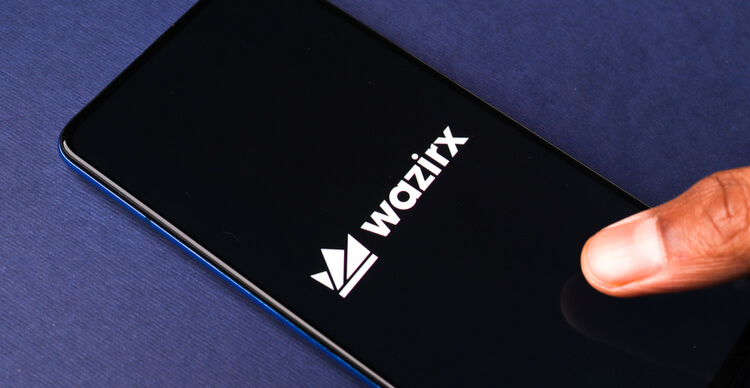Siacoin (SC) is the native utility token of Sia, a decentralized cloud storage platform built on the Ethereum blockchain. Sia is a safe and trustless cloud storage marketplace where users may rent out their excess storage space.
Smart contracts enforce agreements and transactions, and Siacoin is the means of exchange to pay for network storage. The project’s major objective is to become the internet’s foundational storage layer.
What is Siacoin (SC)?
Sia is a cryptocurrency that allows anyone with a computer to rent out spare hard drive space to other people who need to store information.
Sia, or as some call it, “AirBnB for hard drives,” is comparable to cloud storage solutions such as those offered by internet giants Amazon and Google, only instead of entrusting their data to a firm, its customers rely on software and a dispersed network of worldwide computers.
To do this, files saved over the Sia network are divided into small fragments, with just a small amount of each being kept on each hard drive. The files are also encrypted, ensuring that network users’ data is protected from illegal access.
Siacoin: roots and history
David Vorick, a computer science student at Rensselaer Polytechnic Institute at the time, initially created Sia in 2013. After Vorick presented the proposal at a HackMIT event in 2013, Kurz shared the idea with Luke Champine, a college acquaintance who joined the project’s development. In early 2014, the project was called Sia, after the Egyptian god of vision.
Jim Pallotta, a millionaire investor and founder of Raptor Group, was connected to Vorick and Champine through their college’s entrepreneurship center, and he invested in the initiative. To formally oversee the development of Sia, the two formed the business Nebulous Inc. which has since been renamed Skynet, just before graduating from college.
How does Siacoin (SC) work?
The Sia network’s currency is Siacoin. Renters pay hosts in Siacoin to use their hard drive space, and hosts are only paid out after proving they are hosting the requested file.
Sia does this through the use of file contracts, a type of smart contract that establishes aspects of the host-renter relationship such as pricing and uptime obligations.
The network automatically enforces these contracts, which normally last 90 days.
When a file contract is formed, the host must demonstrate that they are storing the data they claim to be via a procedure known as storage proof, which lets a host show that the tiny amount of data they are keeping is truly part of the renter’s file.
If the evidence is posted to the blockchain within a certain time frame, the host is compensated in Siacoin.
Sia divides files into 30 parts, each of which is encrypted, before uploading and distributing them to hosts. This eliminates the possibility of a single point of failure in the network.
Why choose Siacoin?
Siacoin’s value is derived from its network usefulness since it is the only form of payment that users of the Sia blockchain may use to join renter or host agreements.
This implies that to store data, renters must acquire and spend Siacoin, and hosts must receive and sell Siacoin to be paid for the computational resources they utilize.
Other economic actors in the Siacoin market include miners, who must use computer power to construct the blocks that batch transactions on the network. Miners will get paid each time a block is approved.
But, Siacoin is not the only cryptocurrency initiative attempting to revolutionize the storage market, which means it may face competitive pressure to win customers.
Other decentralized cloud storage systems, such as Filecoin, Storj, and MaidSafe, are Siacoin’s major competitors, with differing technological capabilities.





